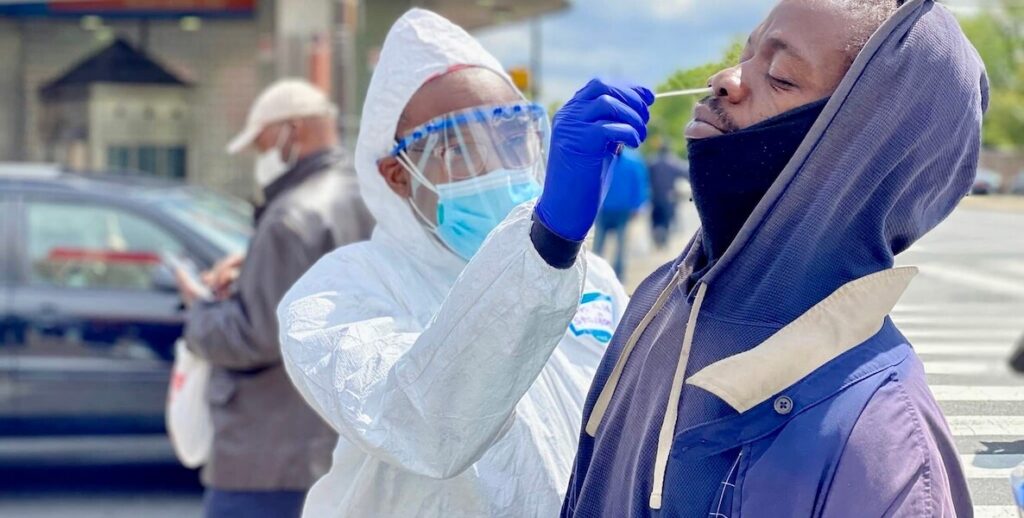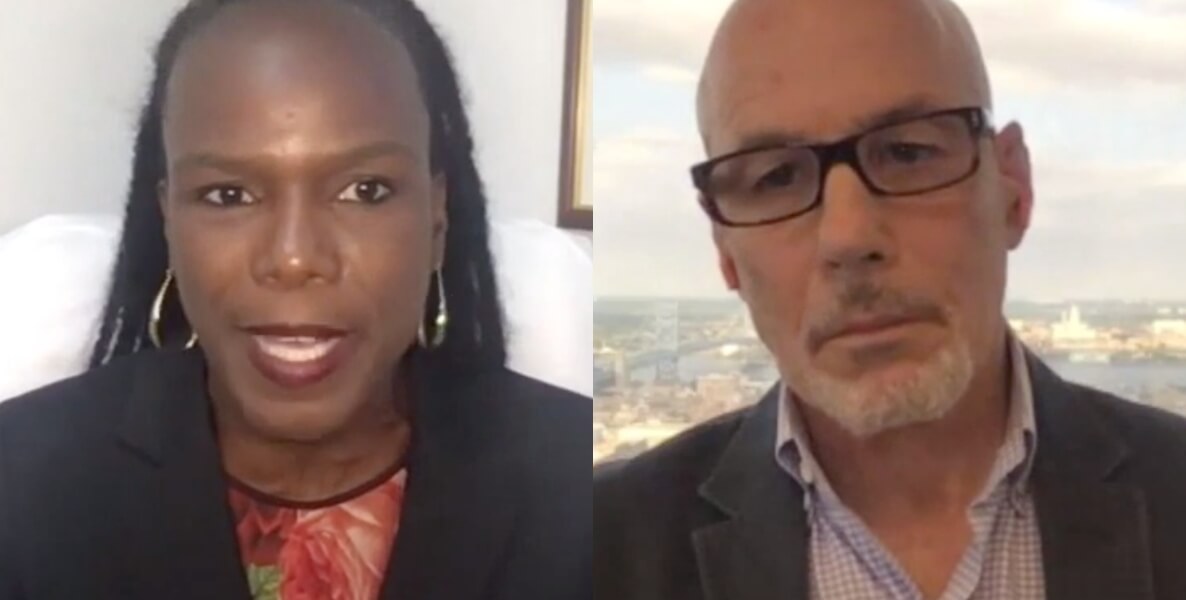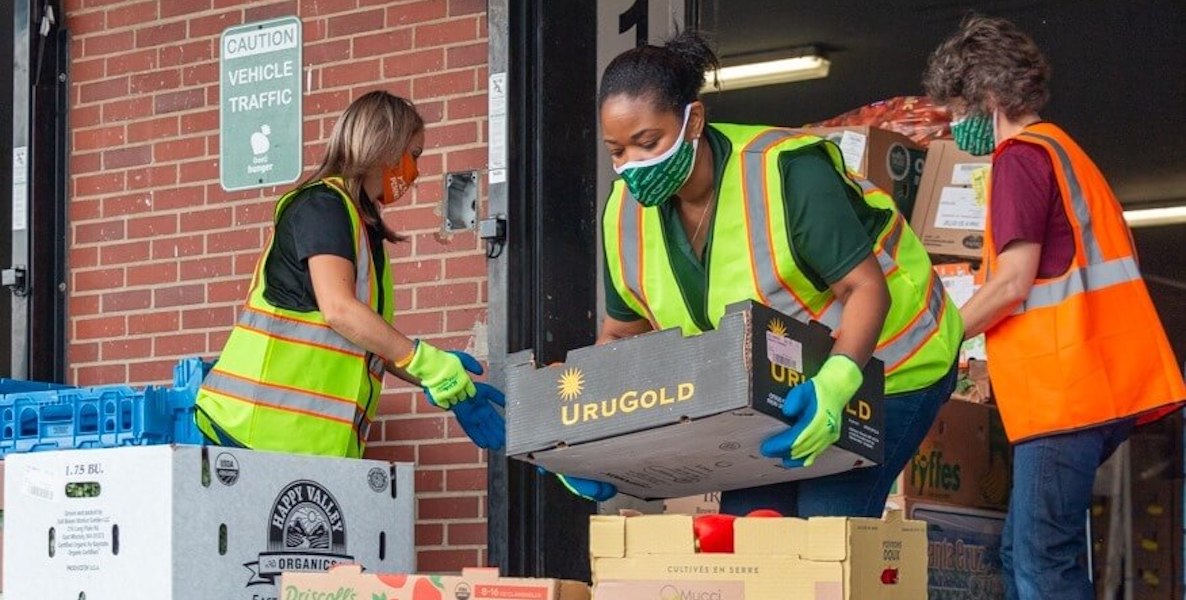Access. Empathy. Action.
During a riveting online discussion on Wednesday night, those were the themes Dr. Ala Stanford, founder of the Black Doctors Covid-19 Consortium, drove home to a crowd of 250 attendees about how we can use this moment, and the nation’s focus on racial disparity in general, to think about wellness in the black community.
Calling on hospitals to open their testing sites to all, particularly in light of the recent protests, Stanford addressed the biases that permeate all aspects of health care, and called on providers to bring more compassion to their work.
“Once someone comes through the door, you need to be empathetic, know their story, get to know them, treat them like you would treat your brother, sister, mother, father,” she said.
Stanford, the first African-American female surgeon to be entirely trained in the U.S., spoke with Dr. Stephen Klasko, CEO of Jefferson Health and co-author of the forthcoming book, Unhealthcare: A Manifesto for Health Assurance.
The event was hosted in partnership with Fitler Club and WURD. It was broadcast live on WURD, and hosted by WURD’s James Peterson, who is also writing a series for The Citizen about the toll of Covid-19 on people of color in Philadelphia.
Klasko, who publicly and regularly decries the fact that a Philadelphian living in Strawberry Mansion’s zip code, for example, has a life expectancy that’s 20 years less than a Philadelphian living in Society Hill, called for his health care colleagues at other institutions around the city to capitalize on this moment of solidarity and make real changes in the social determinants of health: food, housing, health care, employment, education, and so on.
Attend more Citizen eventsDo Something
“If we could take that same feeling of we’re in this together and have those weekly calls to reduce health disparities, that wouldn’t solve the whole problem, but it’s a start,” he said.

Klasko also addressed the sorry state of health insurance in our country.
“The fact is that Mrs. Jones from Society Hill and Mrs. Jones from Strawberry Mansion should both have insurance,” he said. And a patient who’s on Medicaid should not get any less attention or priority than one with private insurance. “Of course, I’ll see you right away,” should be the answer when either patient calls her doctor; the fact that that’s not the case is a sign of the systemic racism built into our health-care system.
Klasko went on to say that we need to spend “gobs more money” on “food, education, housing—the things that really matter.” Jefferson is making progress, raising money at its galas for community initiatives, rather than for the hospital directly. In addition, he shared that 25 percent of his own incentive is based on reducing a handful of health-care disparities.
Since the start of the pandemic, Stanford’s all-volunteer consortium has been going into communities to test the disproportionately underserved African-American population. In 26 days, Stanford and her volunteer team have tested a staggering 5,400 people, free of charge and with zero barriers to entry. This week the City awarded her $1.3 million to continue her efforts.
Even beyond Covid-19, Stanford called for reform for our littlest ones, and their caretakers. All children should have access to the best health care in the city, regardless of their insurance, she said. “Right now, that’s not the case.” She wants to see mothers getting the prenatal care they deserve with biases about how many children they may already have, whether they’re married or employed, and with deep respect for their humanity.
Both physicians acknowledged that there is much work to be done, but that the pandemic has revealed the heroes all around us, from Dr. Stanford and her volunteers, to the environmental workers on the frontline at Jefferson every day.
To get tested by or volunteer with Dr. Stanford’s army of volunteers, visit here.
If you missed the conversation, watch it above, and be sure to check out the full lineup of Citizen events here—attendance is free, but RSVPs are required. We hope to see you at the next one.




